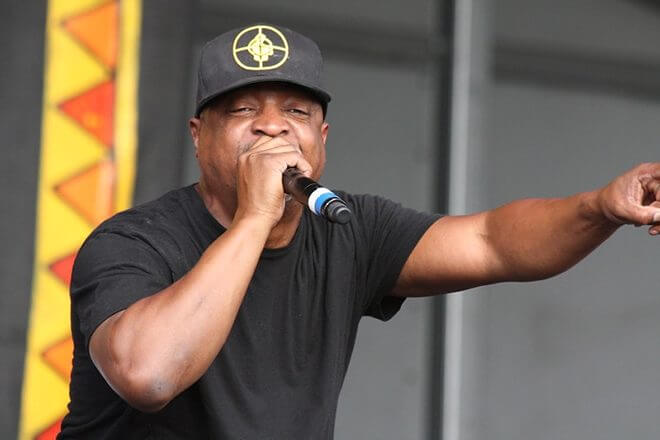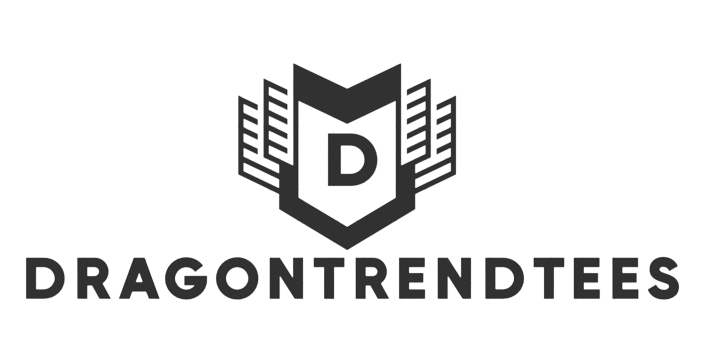World News
Chuck D Speaks Out Against Misuse of Public Enemy’s ‘Burn Hollywood Burn’ Amid L.A. Wildfires
The Context: Wildfires and Misplaced References
Los Angeles has faced devastating wildfires, threatening homes, displacing families, and sparking widespread concern. Against this backdrop, some individuals have linked Public Enemy’s 1990 protest song, “Burn Hollywood Burn,” to these tragic events by incorporating it into videos and social media posts depicting the destruction.
This association has sparked outrage from Chuck D, the legendary hip-hop artist and leader of Public Enemy. The rapper has publicly denounced the misuse of the track, emphasizing its original intent and the harm caused by taking it out of context. He explained that the song was never meant to be associated with natural disasters but was a sharp critique of Hollywood’s systemic inequalities and racial exploitation.

The Historical Roots of ‘Burn Hollywood Burn’
Released as part of Public Enemy’s third studio album, Fear of a Black Planet, “Burn Hollywood Burn” is a powerful protest song featuring guest verses from Ice Cube and Big Daddy Kane. It critiques Hollywood’s history of racism, stereotyping, and exclusion of Black voices. The song’s title echoes the revolutionary cry “Burn, Baby, Burn,” a phrase popularized during the Watts Rebellion of 1965 by DJ Magnificent Montague.
Chuck D has explained that the track represents a “mind revolution,” targeting cultural exploitation rather than physical destruction. Its raw energy and biting lyrics highlight the frustration of marginalized communities in an industry dominated by one-sided narratives. By misusing this song to comment on wildfires, its original message is diluted, and the suffering of those affected by the fires is trivialized.
Chuck D’s Call for Awareness and Respect
Responding to the misuse of the song, Chuck D issued a statement urging fans to “learn the history” behind “Burn Hollywood Burn.” He expressed his sympathies for the wildfire victims and emphasized that the track has “nothing to do with families losing everything they have in a natural disaster.”
Chuck D has also used his platform to provide support and share resources for those impacted by the fires. By doing so, he continues to demonstrate the same sense of responsibility and activism that defines his career. His statement highlights the need for cultural sensitivity, especially in times of crisis when art and media are often misconstrued.

The Role of Protest Music in Modern Contexts
Public Enemy’s music has long been a voice for social justice, addressing issues like racism, inequality, and exploitation. Tracks like “Burn Hollywood Burn” hold historical significance and remain relevant in conversations about systemic injustices. However, their potency lies in their original context, and misappropriation risks eroding their impact.
This incident underscores the broader challenge of maintaining the integrity of protest art in the digital age. As songs and messages circulate widely, they are often repurposed in ways that can distort their meaning. Chuck D’s response is a reminder of the importance of preserving the true essence of such works while respecting the lived experiences they aim to amplify.
A Message of Unity and Reflection
Chuck D’s plea is not just about protecting Public Enemy’s legacy—it’s about fostering a deeper understanding of the struggles that inspire protest music. By correcting the narrative around “Burn Hollywood Burn,” he aims to honor the song’s roots while advocating for empathy and solidarity with wildfire victims.
As Los Angeles rebuilds and reflects on the challenges posed by climate change, this moment serves as a reminder of the power of art to inspire change. It also highlights the need for conscious engagement with cultural works, ensuring they are used in ways that honor their creators’ intentions and the communities they represent.
From dragontrendtees

